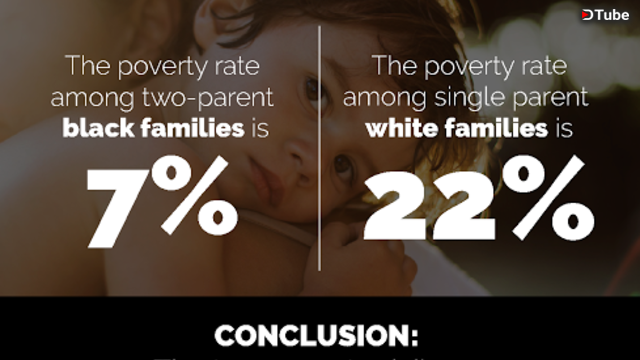
https://www.tandfonline.com/doi/full/10.1080/23311886.2015.1053183 (worth reading the entire study)
"In the late 1960s, civil rights activists, social workers, and educators began using a variety of techniques (encounter groups, classroom curricula, “t” groups, small group discussions, and sensitivity training) designed to break through whites’ wall of denial. “Racism Awareness Training,” or RAT, was the umbrella term for these techniques, and their basic pedagogical approach to white learners was, “What you need to know is that you’re a racist” (Howard, 1999 Howard, G. R. (1999). White man dancing: A story of personal transformation. In C. Clark & J. O’Donnell (Eds.), Becoming and unbecoming white (pp. 212–223). Westport, CT: Bergin & Garvey.
. Since racism, in RAT’s eyes, is fundamental to white culture, part of their collective unconscious, and whites, in their view, can never be more than “anti-racist racists,” it should not be very surprising that RAT never achieved an enthusiastic following among whites (Sivanandan, 1985 Sivanandan, A. (1985). RAT and the degradation of the black struggle. Race & Class, 26, 1–31.
[Crossref],. Which may explain why, around 1990, a more positive, non-confrontational technique was introduced to enlist whites’ support. Peggy McIntosh formulated that technique in accessible, non-threatening language—language innocuous enough to allow whites to examine their role in systems of oppression and domination without forcing them to grapple with uncomfortable levels of complicity or guilt. Among her innovations was the discursive shift from how racism harms blacks to how racism benefits whites: “As a white person, I realized I had been taught about racism as something that puts others at a disadvantage, but had been taught not to see one of its corollary aspects, white privilege, which puts me at an advantage” (McIntosh, 1988 McIntosh, P. (1988). White privilege and male privilege: A personal account of coming to see correspondence through work in women’s studies (Working Paper 189:1–20). Wellesley, MA: Wellesley Center for Research on Women.. The goal was to help whites see themselves as racial, to help them break out of their cocoon of denial, and confess to themselves and others, in as much detail as possible, the nearly infinite ways their white skin makes them feel at home in the world and allows them to escape the penalties and dangers which nonwhites suffer, a transformation which could be achieved, according to McIntosh, not by addressing whites as if they have “something against” blacks, as if they are prejudiced, practice discrimination, and openly hate, but by seeing them as a class of people who bear no conscious ill-will toward any racial minority, who believe in fair play and civil rights, admire Martin Luther King, Jr., and earnestly wish to understand the world from “diverse” perspectives. Whites’ only sin, if it can be called a sin, is that, unbeknownst to themselves, they came into this world carrying a powerful advantage over other racial groups."
▶️ DTube
▶️ IPFS
Hi! I am a robot. I just upvoted you! I found similar content that readers might be interested in:
https://www.cogentoa.com/article/10.1080/23311886.2015.1053183.pdf